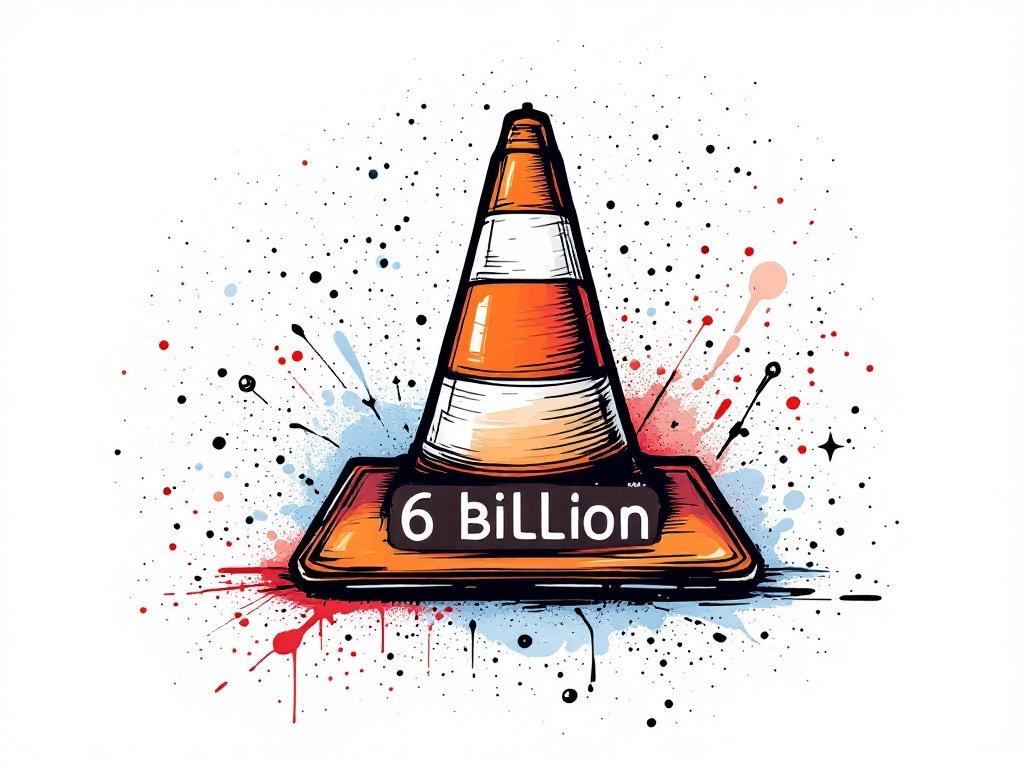VLC Reaches 6 Billion Downloads, Introduces AI Subtitles

Global, Thursday, 9 January 2025.
VLC media player surpasses 6 billion downloads globally, unveiling AI-generated subtitles for real-time multilingual translation without internet, enhancing video accessibility and user privacy.
Historic Milestone and Innovation
VideoLAN’s VLC media player has achieved a remarkable milestone, surpassing 6 billion downloads worldwide as of January 8, 2025 [1][4]. This achievement comes nearly three decades after its inception in 1996, when it began as a student project at Ecole Centrale Paris [1]. The open-source media player has maintained its commitment to being free and ad-free throughout its journey [1], demonstrating the sustained success of its user-centric approach [GPT].
Revolutionary AI-Powered Features
At CES 2025 in Las Vegas, VideoLAN unveiled a groundbreaking AI-powered subtitle system that operates entirely offline [1][8]. According to VideoLAN president Jean-Baptiste Kempf, this feature runs ‘directly inside the executable’ without requiring cloud services or internet connectivity [8]. The system can generate and translate subtitles in real-time across more than 100 languages [8], with demonstrations already showcasing successful translations in Hebrew, German, French, and Japanese [4].
Privacy-First Approach
What sets VLC’s AI subtitle feature apart is its commitment to user privacy and autonomy [8]. Unlike traditional subtitle generation tools that rely on external plugins or cloud services, VLC’s new system processes all content locally on the user’s device [1][8]. This approach ensures data privacy while maintaining functionality in areas with limited internet access [8]. As Kempf noted, ‘The number of active users of VLC is actually growing, even in this age of streaming services’ [1].
Future Developments
While the demonstration at CES 2025 has generated significant interest, VideoLAN has not yet announced an official release date for the AI subtitle feature [4][8]. The organization plans to provide more detailed information about supported languages and technical specifications in an upcoming blog post [8]. This development represents a significant step forward in making multimedia content more accessible while maintaining VideoLAN’s core principles of open-source development and user privacy [GPT].